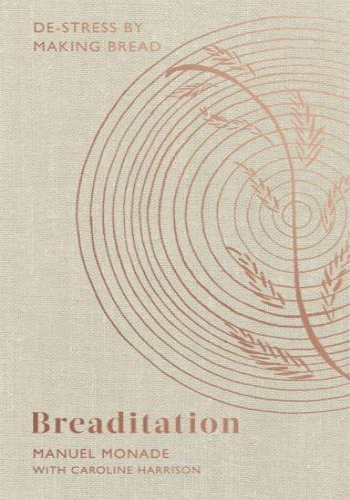Inspired by everyone's favorite egg with the can't-be-bothered attitude, Gudetama: The Official Cookbook is an illustrated cookbook celebrating lazy living and easy cooking, with fun and delicious recipes from classic dishes to comfort meals.
Gudetama's name literally translates to "lazy egg," and it's how we all feel sometimes when it comes to cooking. But if you're the kind of chef who doesn't have time for complicated meals or long lists of ingredients, this cookbook is for you. From Japanese fare to pizza, egg salad, burgers, and tacos, this officially licensed cookbook will show you how to feast the lazy way with a collection of craveable comfort recipes inspired by everyone's favorite lazy egg with the can't-be-bothered attitude.
Organized into sections like barely awake breakfasts, lazy lunches, drowsy dinners, and tired treats, included here are 60 recipes, each helpfully including a lazy meter so you know just how much effort or lack thereof you'll need to execute each dish. The Gudetama Cookbook is the perfect combination of easy cooking and a love of lazy living and is for everyone from novices to experienced home cooks. Also included are full-color illustrations, fun sidebars, and your favorite quotes and sayings from Gudetama.
Recipes include:
- Unmotivated Breakfast Sandwich
- Too Tired Tater Tot Bake
- Tuckered Out Tamago Sando (Japanese egg salad sandwich)
- Slow-Paced Short Ribs
- Maybe I'll Make Meatloaf
- Stress-Free Strawberry Ice Cream Pie
- Easygoing Eggnog
And more!







